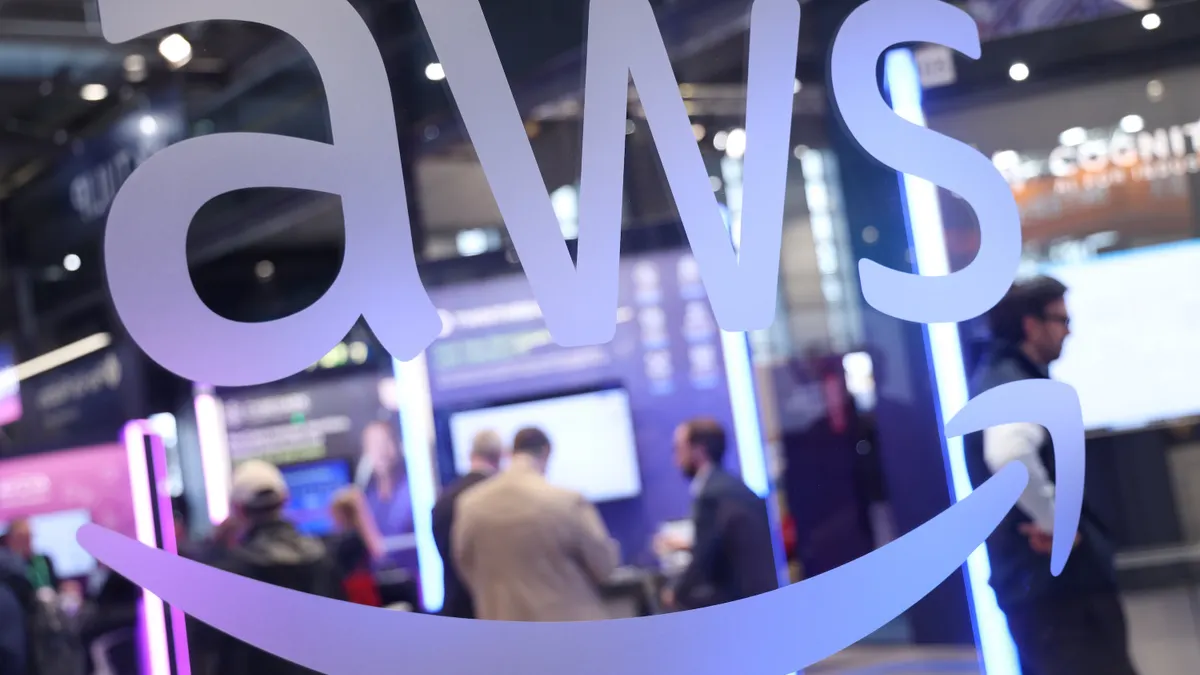After sending many employees to work remote during the coronavirus pandemic, employers were forced to transition the many programs and initiatives that form their broader talent strategies to an alternative format.
Learning programs were no exception, and recent research reflects a push by employers to adopt technological workarounds that circumvent restrictions on in-person work. Sari Wilde, managing vice president of Gartner's HR practice, told HR Dive in July 2020 that "nearly 85% of L&D functions" had shifted in-person training to virtual formats.
Online learning also experienced a boost, with vendors such as Cornerstone Learning reporting increased logins and millions of training hours spent on their platforms.
Like other employers, officials at food and beverage manufacturer PepsiCo sought ways to adapt in-person employee training to the reality of the pandemic. But the company ran into some obstacles with its Lean Six Sigma, or LSS, training program.
Finding little in the way of alternatives, PepsiCo drew inspiration from — of all places — an employee's 11-year-old son, whose suggestion led the company to experiment with conducting training within the single best-selling video game of all time: Minecraft.
From Lego bricks to digital blocks
LSS is a business philosophy derived from the Six Sigma management method that aims to improve customer satisfaction and bottom-line results, according to the American Society for Quality.
As part of its LSS training program, PepsiCo holds in-person sessions in which participants build with Lego bricks in order to simulate real-world problems, Molly Nagler, PepsiCo's chief learning officer, said in an email.
Enter the coronavirus pandemic, which necessitated a change of plans. PepsiCo knew it needed to transition LSS training to a virtual format, but "there are few to no Lean Six Sigma simulations in the market designed for an online experience or the interactivity needed for this type of training," Nagler said.
Video chat tool Zoom did not cut it, either, as fatigue set in among employees, she said. That may be a relatable sentiment; 38% of employees in a November survey by Robert Half said that they had experienced video call fatigue during the pandemic, with 24% saying that virtual meetings were inefficient and exhausting.
In search of a solution, the company received an idea from Marco Rodriguez Tapia, a Master Black Belt of PepsiCo's Lean Six Sigma program for Europe.
Rodriguez Tapia, who is based in the Netherlands, said in a PepsiCo blog post that the idea actually came from his son Alexander, with whom he plays computer games in part to stay connected while the two live on different continents. Alexander, made aware of the LSS training conundrum, suggested a solution in the form of Minecraft.
To the uninitiated, Minecraft is a wildly popular video game played in a 3D environment from a first-person perspective. It allows users to build, dig and create entire virtual worlds from scratch.
Using Minecraft's intuitive controls, combined with its distinctive pixelated art style, players have crafted landmarks like the Eiffel Tower as well as more ambitious projects, such as functional hard drives and a scale model of the entire planet.
Rodriguez Tapia recruited Alexander to build a prototype training solution, PepsiCo said, and now the company is set to bring that concept, developed by design studio BlockWorks and based on Alexander's prototype, to more than 300 employees in 2021. The program is available in seven languages and simulates a 3D PepsiCo warehouse.
In the program, employees mimic an imaginary distribution company that produces pallets with different products and ships those pallets to the warehouse, which then sends them to customers based on the orders received.
Using LSS tools, trainees seek to reduce waste and inefficiency in the shipping process. Those who complete the training are recognized as "Kaizen Leader Trained" within LSS and receive a diploma as "Kaizen Leader Certified," PepsiCo said.
Minecraft's platform makes the training accessible even to those with little gaming experience, according to Nagler, and the game's controls make it "especially apt" to recreate simulations that involve building with Lego pieces.
"Minecraft enables you to build with blocks, so the translation is completely intuitive for the learner and the instructor," she said
The broader movement to virtual learning
PepsiCo's story may be an interesting case study for employers looking to experiment with new online learning formats as the pandemic continues. Per recent research, employee reaction to remote training formats has been mixed.
Results from a survey by business review service Clutch published in August 2020 found 61% of workers participated in a remote training session over a three-month period during the pandemic said the training was effective, while 27% said such training was ineffective.
Meanwhile, the movement to online formats has not necessarily led to improvements in quality. More than half of respondents to a recent survey by learning platform Kahoot said their companies did not improve workplace training since the pandemic-driven shift to remote work.
Instead, half of respondents indicated that they would prefer blended learning models to either remote or exclusive in-person training formats upon the reopening of offices.
But PepsiCo is seeing something different as a result of its Minecraft experiment, according to Nagler. "Using Minecraft to simulate a 3D PepsiCo warehouse enabled our teams to solve problems in a virtual teamwork environment and complete the LSS training in a fun, interactive and engaging way."























